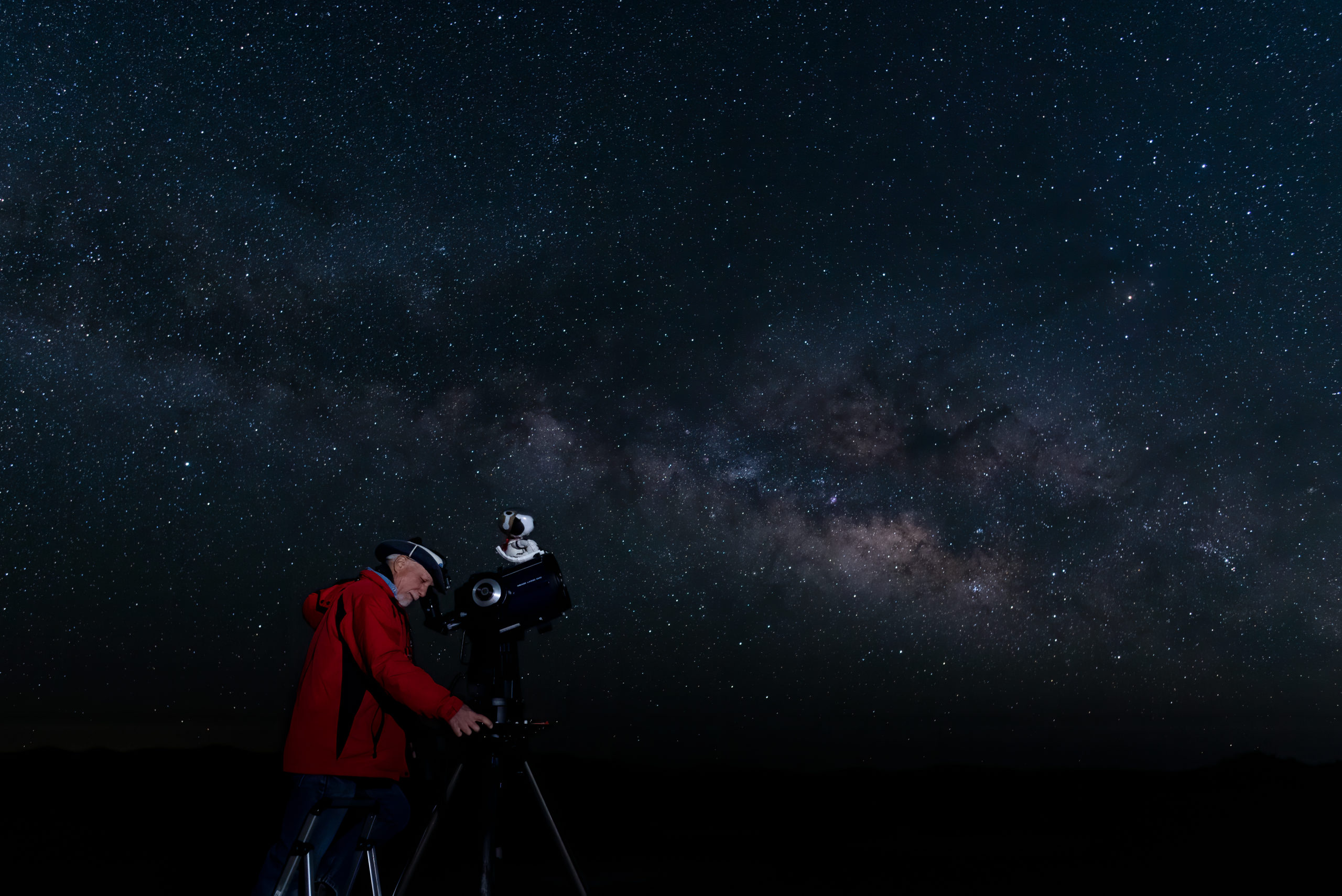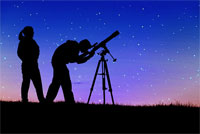TAAA hosts numerous classes and workshops for Members Only throughout the year.

Practical Astronomy – Workshop 1 – Star Hopping
Open for Enrollment
Place: TIMPA Date/Time: Thursday, October 19, 2023, 5:45 PM until completed
Synopsis: This is the first workshop in the practical astronomy workshop series. It will teach Star Hopping. The students will be taught the proper star hopping technique and equipment usage. Each student will use the supplied equipment to locate at least 2 targets (maybe more if time permits). By the end of the workshop the student will know what equipment to use and how to use it in order to locate targets using star hopping.
Practical Astronomy Workshop 2 – Constellation Locating and Identification – open for enrollment
Place: TIMPA Date: Tuesday, December 5th, 2023 Time: 6:30 PM until completed
Synopsis: This is the second workshop in the practical astronomy workshop series. It will teach how to locate and identify constellations. The students will be taught how to locate and identify the constellations without having to memorize the night sky. Each student will use the supplied equipment to locate several constellations. Students will learn how to use a planisphere and star atlas to locate constellations without memorizing the sky. This program provides the methodology for the observing requirements of the Astronomical League Northern Constellation Observing Award.
If interested you can register Below or contact the instructor Douglas Smith at: alcor@tucsonastronomy.org
PLEASE NOTE: due to equipment limitations there is a strict limit of 20 students for this workshop.
TAAA hosts numerous classes and workshops for Members Only throughout the year.
Upcoming Workshops Open for Pre-enrollment
Several workshops are being planned for the fall 2023/winter 2024 time frame.
• A Sketching/Logging workshop will be offered.
• A Constellation identification/locating workshop will be offered. Dates/Times are still TBD. They will be announced in the bulletin as soon as they are set.
If you are interested in enrolling in any of these workshops or would like additional information contact the TAAA Astronomical League Correspondent (ALCOR) at the information listed below.
TAAA ALCOR – Douglas Smith; Phone: 520-396-3233; E-mail: alcor@emergency

ENROLL BELOW





